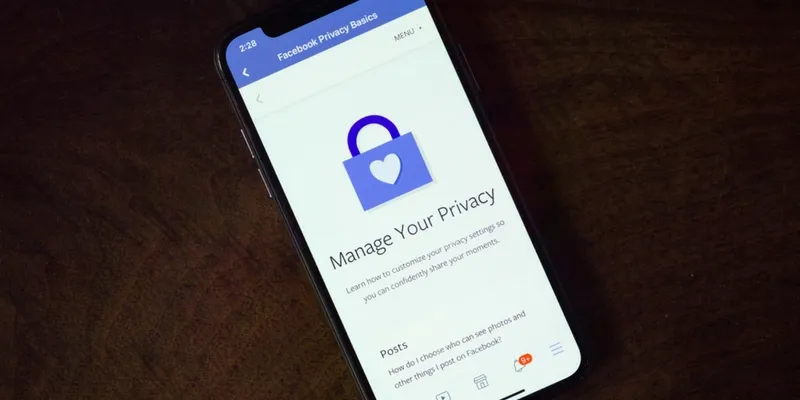Facebook rolls out first batch of policy and platform changes post-Cambridge Analytica
Almost a week after Mark Zuckerberg published a post acknowledging Facebook’s shortcomings in the Cambridge Analytica saga, and only a couple of days after a public apology via newspapers in the UK and the US, Facebook has finally rolled out the first batch of changes on the platform related to how users see and access data. Following the three-point action plan highlighted by Mark in his post, the platform is shutting down Partner Categories, the Facebook product that lets third-party partners provide their data targetting practices directly on Facebook, and has also launched three new features – a redesigned settings menu on mobile devices to make it easier for users to find and access their privacy settings, a privacy shortcuts menu that gives users a variety of privacy control options, and a new tool called “Access Your Information” that lets users review their old comments, posts, and shares and edit or delete them.

Image: Flickr
The raft of measures is the first concrete changes made by the social media giant as it struggles to cope with the crisis in the wake of the Cambridge Analytica revelations. Since the news has come to light that the British data analysis firm may have used the personal data of over 50 million Facebook users to allegedly influence real-world events, Facebook has been caught in a PR nightmare – its stock has plunged to an eight-month low, multiple governments and officials have called for inquiries into the platform, and there has been a mass exodus of users following the spread of the #deletefacebook movement.
Mark and the rest of the Facebook management have gone into a full crisis-control mode, and the new policy updates are the first in a line of planned changes as the company seeks to regain the trust of users and investors.
A short unattributed blog post published in the Facebook Newsroom yesterday, March 28, reads, “We want to let advertisers know that we will be shutting down Partner Categories. This product enables third party data providers to offer their targeting directly on Facebook. While this is common industry practice, we believe this step, winding down over the next six months, will help improve people’s privacy on Facebook.” However, as Recode notes, the Cambridge Analytica leak was not through a Partner Categories association, but rather because a developer chose to sell user information to a third party.
Instead, data aggregators falling under Partner Categories supplement companies with data they may not otherwise have, helping marketers and Facebook target users better. The decision to shut down Partner Categories, instead, aims to be part of a larger effort to clean up practices at Facebook that may have the potential for data leaks. Since Facebook has no control over how and where third-party companies source their data from, the social media giant appears to be choosing to forego potential complications rather than risk future incidents like Cambridge Analytica.
The platform also said that it would soon be proposing new terms of service and updating its data policy as well to help users better understand what data is collected and how it is used. In a separate blog post, Facebook said, “The last week showed how much more work we need to do to enforce our policies and to help people understand how Facebook works and the choices they have over their data...We’ve heard loud and clear that privacy settings and other important tools are too hard to find, and that we must do more to keep people informed.”







